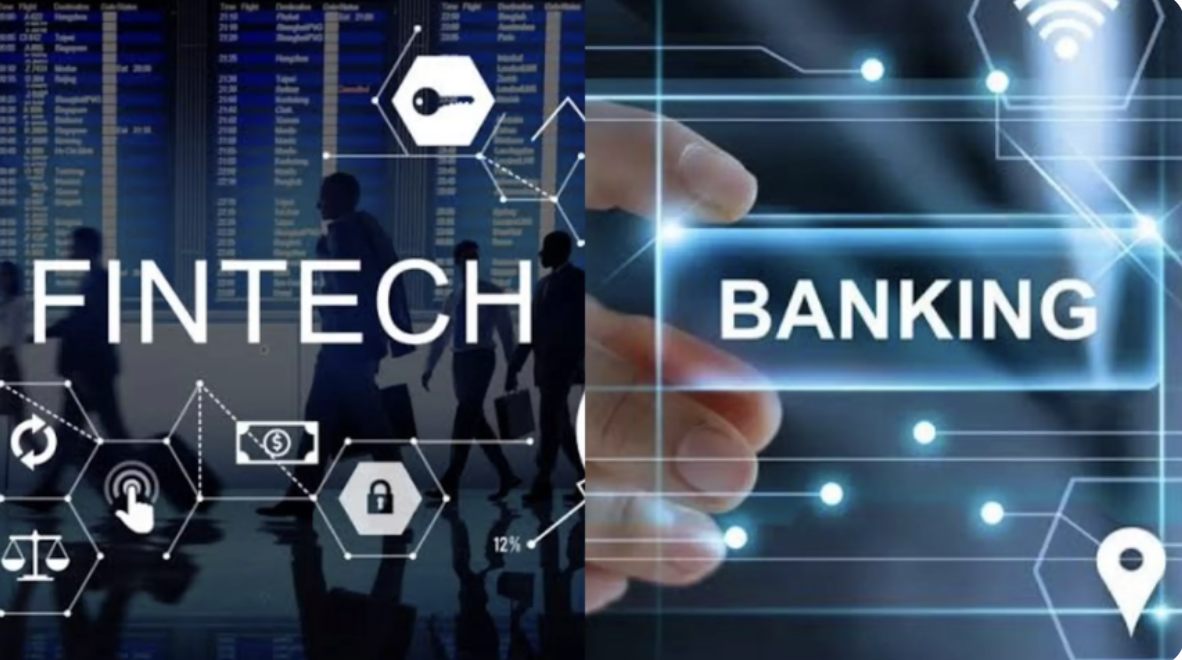by Leira Manazan, Reporter
Micro, small, and medium enterprises (MSMEs) are the undisputed engine of the Philippine economy, constituting over 99% of all businesses and providing livelihoods for millions nationwide. Yet, despite their indispensable role, these vital enterprises continue to grapple with a formidable and long-standing adversary: access to affordable credit.
Traditional banks, constrained by inherent risk aversion, outdated legacy systems, and intricate regulatory frameworks, consistently fall short of the mandated 10% lending quota specifically earmarked for MSMEs.
As of end March 2025, a mere 4.63% of the nation’s colossal ₱11.8-trillion lending portfolio was directed towards MSMEs, starkly highlighting a pervasive and systemic financing deficit.
This alarming credit gap is far more than just a statistical anomaly; it represents countless Filipino entrepreneurs trapped in a cycle of stagnation, unable to expand operations, create jobs, or innovate due to a critical scarcity of funding.
Enter fintech: A new era of inclusive lending

Amidst these profound challenges, the rise of financial technology (fintech) platforms has emerged as a powerful and indispensable catalyst for financial inclusion.
By ingeniously leveraging cutting-edge technology, sophisticated data analytics, and agile business models, these innovative platforms are rapidly democratizing access to credit, reaching precisely those MSMEs that have historically been overlooked or underserved by conventional banking institutions.
This credit gap is not merely a statistic — it represents countless entrepreneurs unable to expand, hire, or innovate due to a lack of funding. The Department of Trade and Industry (DTI) estimates the domestic MSME financing gap at a staggering ₱180 billion, a figure that not only underscores the monumental scale of unmet demand but also signals an urgent, undeniable call for transformative alternative solutions.
In response to these challenges, fintech platforms have emerged as powerful catalysts for financial inclusion. Leveraging technology, data analytics, and innovative business models, these platforms are democratizing access to credit for MSMEs that banks often overlook.
Peer-to-peer (P2P) lending: Direct connections, faster funding

Peer-to-peer lending platforms have gained significant traction by forging direct connections between MSMEs and a diverse pool of individual and institutional investors, effectively circumventing traditional financial intermediaries.
In the Philippines, prominent platforms such as SeedIn and Blend.ph are enabling small businesses to secure vital loans ranging from ₱50,000 to ₱2 million. These funds are often disbursed within mere days and at remarkably competitive interest rates.
Crucially, the application process is entirely streamlined and digital, demanding minimal paperwork and, in many cases, no collateral – a transformative advantage for nascent startups and micro-enterprises struggling to meet conventional requirements.
These platforms proved particularly instrumental during the recent pandemic, serving as lifelines for numerous MSMEs in hard-hit sectors like retail, food services, and manufacturing. The rapid disbursement and flexible terms offered by P2P lenders allowed these businesses to not only weather unprecedented disruptions but also to fund crucial recovery efforts, maintain payrolls, and even pivot to innovative new business models.
Crowdfunding: Harnessing the power of the crowd

Crowdfunding stands as another pivotal fintech-driven tool reshaping MSME financing. By enabling entrepreneurs to raise capital from a broad, dispersed pool of investors via online platforms, crowdfunding fundamentally democratizes investment opportunities.
This offers a vital lifeline to businesses traditionally excluded from mainstream finance. By the close of 2024, crowdfunding initiatives had successfully generated over ₱2.2 billion in fresh capital for Filipino MSMEs, with a remarkable 361 companies successfully funding 1,212 diverse projects.
In a move to foster this growth, the Securities and Exchange Commission (SEC) has proactively streamlined regulations, empowering MSMEs to raise funds through registered crowdfunding intermediaries without the arduous need for direct SEC approval.
This forward-thinking regulatory innovation has dramatically reduced entry barriers, encouraging a greater number of small businesses to confidently explore crowdfunding as a legitimate and viable alternative financing avenue.
Alternative credit scoring: Expanding the circle of trust

Perhaps one of the most groundbreaking fintech innovations in this space is the strategic adoption of alternative credit scoring models.
While traditional banks heavily rely on formal credit histories and substantial collateral – assets often lacking among MSMEs – pioneering fintech firms like FinScore are fundamentally reshaping the assessment landscape.
They achieve this by intelligently harnessing vast troves of alternative data, including telco usage patterns, mobile transaction histories, social media activity, and utility payment records, to comprehensively assess creditworthiness.
This innovative approach has flung open the doors of credit access to countless previously unbanked or underbanked entrepreneurs. FinScore’s telco-based scoring system, for instance, has enabled lenders to evaluate risk with far greater accuracy, leading to tangible results such as higher loan approval rates and, surprisingly, lower default rates.
Recognizing this immense potential, the Bangko Sentral ng Pilipinas (BSP) has been a vocal proponent, actively encouraging the widespread adoption of alternative data to champion financial inclusion and more effectively serve the diverse needs of MSMEs.
Real-world validation: Impact and economic ripple effects on MSMEs
The transformative benefits of fintech-driven lending are not confined to theoretical discussions; they are profoundly evident in real-world outcomes.
A landmark study co-authored by the Cambridge Centre for Alternative Finance and the Asian Development Bank Institute illuminated compelling results: 59% of MSMEs that secured financing via P2P or marketplace models reported significant increases in both profits and revenue, while 52% saw a notable uptick in employment. For those leveraging equity crowdfunding, the impact was equally impressive, with 60% reporting higher revenues, 53% noting increased profits, and 47% expanding their workforce.
On the local front, pioneering fintech companies such as First Circle, BillEase, and Tala have been instrumental in meticulously collecting data and delivering finely tailored financial products designed specifically for MSMEs. Their growing roster of satisfied clients consistently cite improved productivity, expanded customer bases, and a significantly enhanced resilience during periods of economic turbulence as direct, measurable outcomes of timely fintech funding.
The economic ripple effects of fintech lending extend far beyond individual enterprises. By strategically empowering MSMEs, fintech platforms directly stimulate robust job creation, actively foster a culture of innovation, and serve as powerful engines of local economic development. As these small enterprises flourish, they generate vital employment opportunities, bolster local supply chains through their demand for goods and services, and contribute meaningfully to the overall resilience and vibrancy of community economies.
Furthermore, fintech’s unparalleled ability to penetrate rural and remote areas – regions where traditional bank branches are often conspicuously scarce – ensures that the profound benefits of financial inclusion are equitably distributed across the archipelago. Cloud-based banking services and agile digital lending platforms have effectively democratized access to capital, streamlined cash flow management, and enabled MSMEs in these previously isolated regions to fully participate in the broader national economy.
Challenges and the road ahead
While fintech platforms have undeniably made extraordinary strides in bridging the MSME credit gap, persistent challenges remain. Robust regulatory oversight, comprehensive consumer protection measures, and enhanced digital literacy initiatives are critical imperatives that must be diligently addressed to ensure sustainable and equitable growth.
Recent operational setbacks, such as the regrettable closure of pioneering crowdfunding platform Investree, serve as sober reminders of the paramount need for rigorous governance frameworks and relentless innovation within the sector.
Nevertheless, the momentum propelling fintech’s growth in the Philippines is undeniable. The Philippine government, through the forward-thinking initiatives of the BSP and SEC, continues to champion fintech adoption and is actively crafting policies that meticulously balance innovation with responsible oversight.
As traditional banks and insurers continue to grapple with the persistent MSME credit gap, fintech platforms are uniquely poised to decisively bridge this divide, ultimately unlocking the full, untapped potential of Filipino entrepreneurship and solidifying the nation’s economic future.








